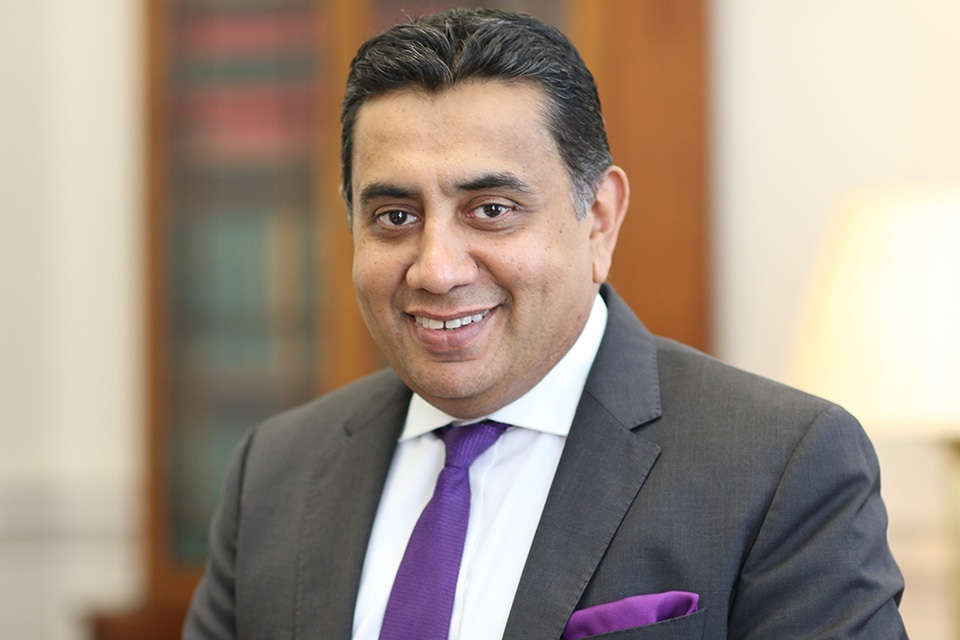Unlocking the UK’s high tech economy: consultation on the safe use of drones in the UK
Ensuring that drones are safely and properly used in the UK.

Today (21 December 2016), I am pleased to inform the House that the UK government has launched a consultation Unlocking the UK’s high tech economy: consultation on the safe use of drones in the UK.
Drone technology represents a great opportunity for the United Kingdom, but it’s crucial that we strike a careful balance in our approach to drones – a balance between pushing their commercial uses and ensuring safety considerations.
The government’s Industrial strategy will support our ambition for Britain to become the global go-to place for scientists, innovators and tech investors, and the development of new technologies such as drones is key to that. We are already well-placed: alongside the government’s support for trials and projects, the Civil Aviation Authority has granted over 2,000 commercial drone operator permissions. But we want to further drive forward progress in the UK drones industry by fostering the right supportive environment.
In the UK, drones are already being used by the police, fire services and search and rescue in emergency situations, by energy, road and rail providers to inspect and maintain our key infrastructure, and by conservation organisations to monitor natural environments. Drones are saving time and money, improving delivery of services in these areas, improving safety and even helping to save lives. As the technology develops, we will see drones being used in other fields to achieve similar results. There are also many leisure users of drones, who must follow the strict laws in place, such as keeping their drone within their sight. With the photographic and videography opportunities drones present, sales of drones to this audience are increasing at pace.
But like many other technologies, drones can also be misused and challenge safety, security and privacy. Whilst the vast majority of drone users are law-abiding and have good intentions, it is likely that some are not aware of the rules that apply and inadvertently break them, risking safety, privacy and security. It also cannot be ignored that there will be some who will purposefully break the laws on drones, and potentially use drones to cause harm.
The government’s vision is for a society and economy in the UK where drones are safely and properly used in ways that improve the delivery of public and commercial services, where all leisure drone users are aware of the rules and adhere to them, and where flourishing drone service businesses are contributing to the UK economy, creating jobs and encouraging the development of important new skills in the UK. We want to create the right conditions for new uses of drone technology to emerge and grow, placing the UK at the cutting edge of new technologies and capture a significant portion of the global drone applications market. We will not do so unless we take the safety, security and privacy challenges and our duties to the general public extremely seriously.
This consultation sets out some of the next steps under consideration for doing so. These proposals aim to keep pace with this fast emerging market, balancing the challenges appropriately without restricting the opportunity drones present. They are intended to ensure the global competitiveness of the UK as a home for innovation and technological investment while providing the assurance the public need. As the technology and market opportunities develop, we want to proactively address these challenges, and support the growing and changing UK drones services industry.
The consultation is published on GOV.UK and the deadline for responding is 15 March 2017.
Responses are encouraged from drone operators (commercial and leisure), the aviation industry, drone manufacturers and other companies involved in the drone market, model aircraft associations and their members, the insurance industry, members of the public and relevant NGOs, higher education institutions and research and development institutions, local authorities, and members of both Houses.